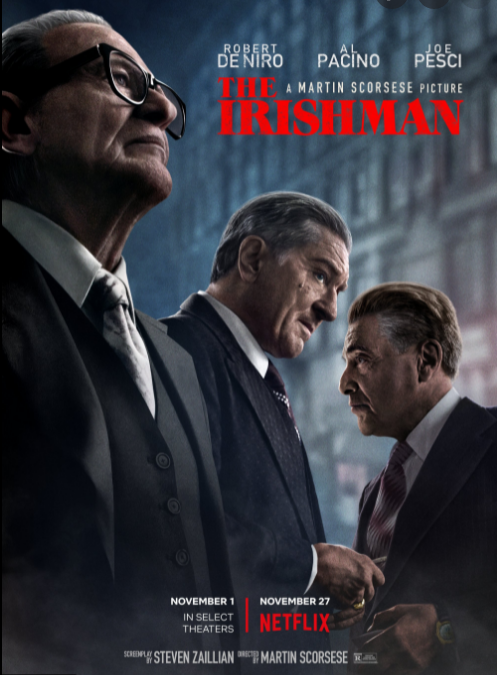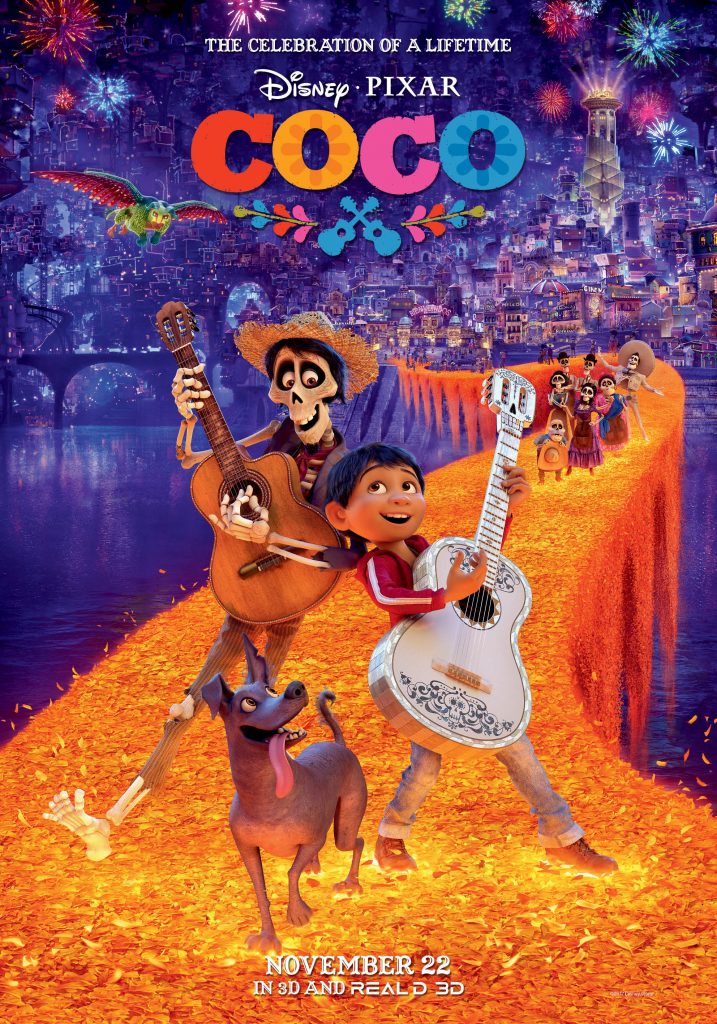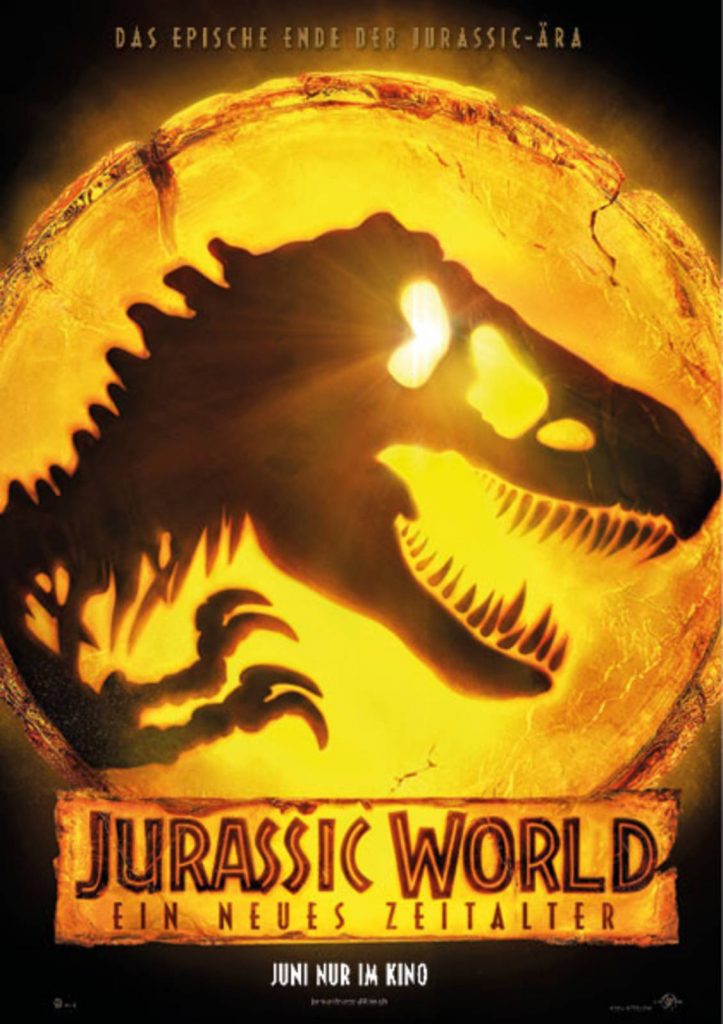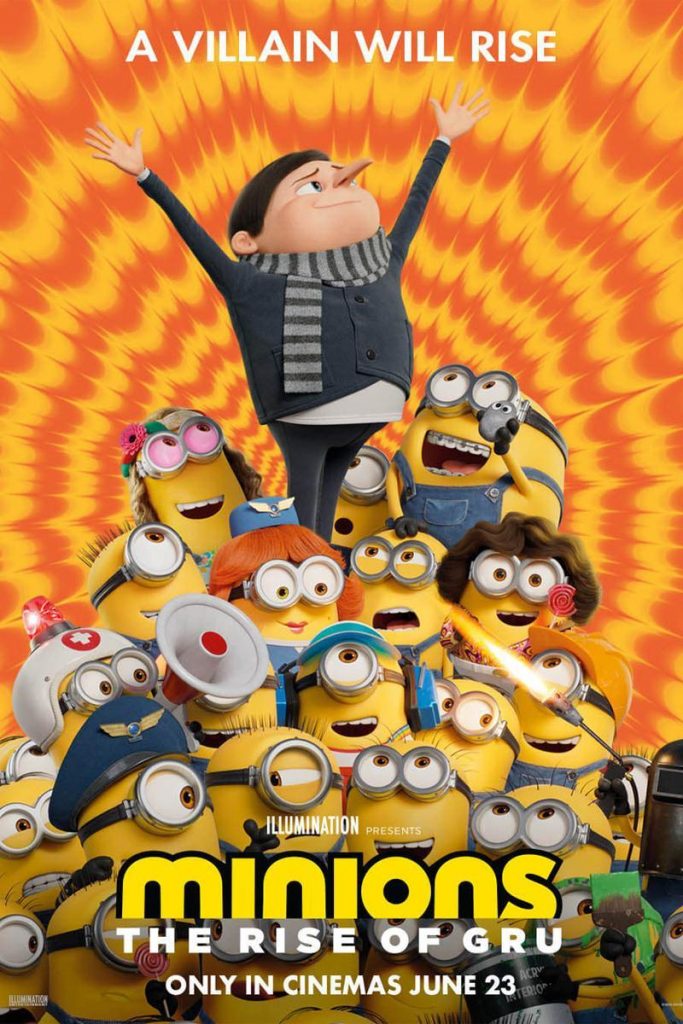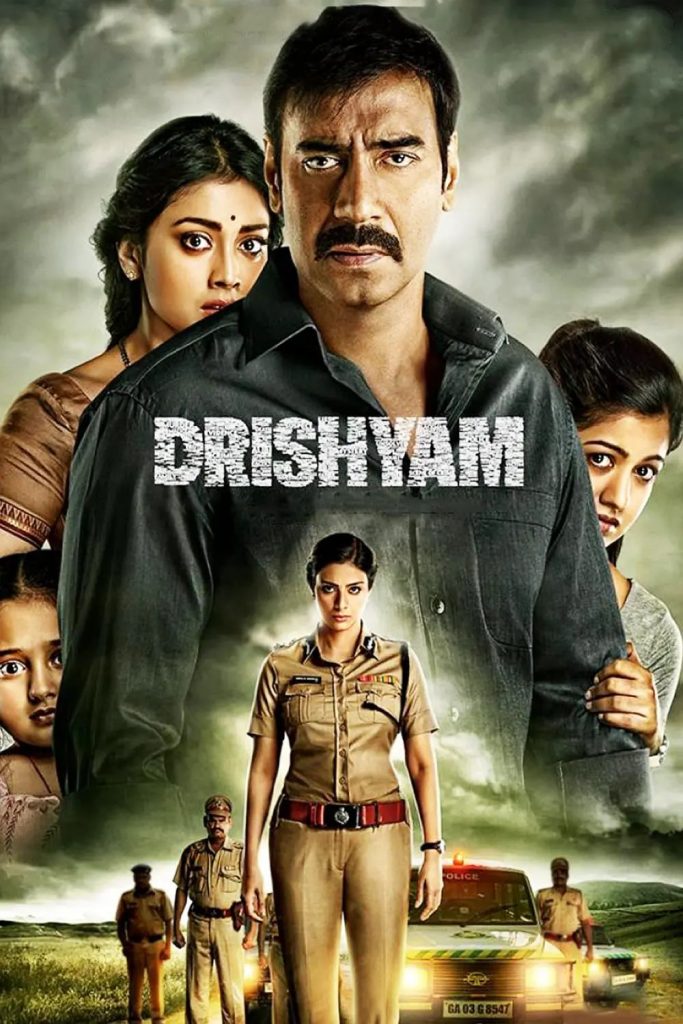The Irishman is a parallel but intertwined story with two main strands, one of which is the story of Frank Sheeran’s upbringing. The Irishman is the story of Frank Sheeran, an Irishman who grows up from an ordinary worker to a top Mafia hitman.
The Irishman is a parallel but intertwined story with two main strands, one of which is the coming of age of Frank Sheeran. One is the story of Frank Sheeran’s upbringing as an Irishman, how he goes from being an ordinary worker to becoming a top Mafia hitman.
The other is the story of the rise and fall of the famous American trade union leader Jimmy Hoffa. The other is the story of the rise and fall of Jimmy Hoffa, a prominent American trade union leader, who went from being a man of the people to being shot and killed by the mob. I’ve used the nostalgia label to label The Irishman, and nostalgia isn’t exactly a positive term, as Quentin’s Once Upon a Time in Hollywood is just as nostalgic, but in exchange for a flat and slow narrative, and that’s in comparison to Quentin’s previous violent aesthetic.
The same is true of The Irishman in comparison to Martin’s Goodfellas, which, in the eyes of many, also points out that The Irishman is less Martin-esque in its madness and exaggeration, and that the pace becomes relatively soothing and even the foul language becomes lighter. But the good thing is that The Irishman is based on real historical events, backed by the original memoir literature, and backed by three veteran actors, plus the fact that Martin has been making headlines in film and television lately, which has given The Irishman a lot of goodwill support and, of course, exposure when it came out.
For me, I have long been anticipating The Irishman and the film certainly didn’t disappoint, and from Martin’s age and experience, it has been a remarkable thing to make such a great epic work once again. Also a hall of fame in the gangster crime genre, most notably the Godfather series of course, but also Martin’s own Goodfellas, to name but a few.
These two and The Irishman, although I don’t want to rank them in my mind, I’m sure people would like to try and compare the differences between them. For me, The Godfather series has always had an unshakable place in my heart. Many people see The Godfather as an epic gangster film, but I give The Godfather a special place in the genre of intimacy.
The Godfather is richer than The Irishman in terms of the rise and fall of the family and the transformation of the characters’ life experiences, thanks of course to the fact that there are three Godfather films and each one is almost three hours long, and The Irishman suffers more in terms of length.
Let’s take a side-by-side comparison with The Goodfellas, hailed as the best gangster work of Martin’s career. After The Irishman came out, the two works are now neck-and-neck on every rating platform, both at home and abroad, and it seems that Martin is about to outdo himself.
In terms of narrative dramatic tension, Goodfellas is more flamboyant and testosterone-filled, with vibrant and exaggerated characters, a tautly progressive plot and fast-paced editing, all of which will make watching Goodfellas very enjoyable.
The Goodfellas is more out of the realm of reality, with a more exaggerated and visualised plot, and a more irreverent cast of characters who kill, burn, rob and smash their way through everything. And the main story of The Nice Guys is placed in the characters’ youth and middle age, which seems more dynamic.
Compared to The Irishman, the old actors are all there, but after all, the average age of each character is over 75, and while the acting is still nothing to write home about, one has to admit that in terms of vibrancy, the three virtuoso veterans really don’t compare to their blood-spurting years on screen.
Although the film spends a lot of money on age-defying techniques for the three actors, it is frankly not hard to see that there are many small action scenes where Robert De Niro does seem to be struggling a bit, not in keeping with the state of the characters he was playing in his 30s and 40s at the time.
This, coupled with the fact that Martin, who is also 77 years old, wanted to inject more thought into his work about growing old, makes The Irishman a little less sharp and a little more “death stare”.
These so-called death stares, apart from the actual moments when the film gazes at the death of some of its characters, there are also a number of sequences in which the film has a drink, a chat, or a still sequence without any lines, which are actually very poetic, but often these literary sequences can be a distraction from the pace of the film.
In particular, the last forty minutes of The Irishman, which we call the film’s finale, is surprisingly the slowest paced and narrative section of the film, but this ending elevates the film’s characters and heart, taking the film beyond the traditional gangster crime genre and back to the redemption of the human heart.
Such an ending, however, is not something that everyone will like and accept, and judging by the 86% Rotten Tomatoes Popular Popcorn score, it is clear that professional critics prefer such a literary ending.
As for the cast, I hope that after you have seen The Irishman, you will watch The Irishman: A Conversation, a short documentary film that features some impromptu conversations between Martin and three veteran actors, giving us a richer appreciation of the actors and characters, more dry content in terms of characterisation, and will give you a further insight into The Irishman as a story.
Robert De Niro Robert De Niro, Al Pacino Robert De Niro, Al Pacino and Joe Pesci. In other words, the film would not have reached the heights it did if it were not for them.
The way these three actors work with each other and with each other, I was quickly transported to the time period and the situation, to see how they encounter crises and difficulties, how they solve difficult problems and how they keep losing each other in their conflicts.
Robert De Niro Robert De Niro has been making bad films for a few years now, and now he finally finds his familiarity again in The Irishman, which is ruthless, steady and cold.
As Jimmy Hoffa says of him in the film, “Sometimes I don’t know what to think. Sometimes I can’t see what you’re thinking and what you’ve decided to do. Robert De Niro Robert De Niro’s Frank Sheeran gives us exactly that. Robert De Niro as Frank Sheeran gives us exactly that feeling.
Joe Pesci Pesci has been out of the picture for many years and Martin had a hard time getting him to play Russell Buffalino in the film. Joe Pesci brings Russell Buffalino Joe Pesci brings to the role the calmness of Russell Buffalino. Joe Pesci plays Russell Buffalino with the same calm, cool, unchanging, smiling, ruthlessness and precision.
In contrast to Joe Pesci’s Joe Pesci’s performance as the psychotic Tommy in Goodfellas is a far cry from Joe Pesci’s performance in The Irishman. In The Irishman, Joe Pesci plays it quietly, and there is a huge undercurrent behind the inner states and micro-expressions of his characters, so to speak, as all events are driven and progressed by the character of Russell.
This is the first time that Al Pacino and Martin have worked together, but when I saw The Irishman, I got the impression that they had already worked together more than once, perhaps because Al Pacino had appeared in The Godfather, as well as Inception and Robert De Niro. Maybe it’s because Al Pacino was in The Godfather and Robert De Niro in Inception that gives the illusion that the three have done many films together.
I have to say that Al Pacino is the most shocking and exciting of the three actors, and his anger is at its best in the film.
Al Pacino plays Jimmy Hoffa, a man who is unpredictable and angry. The character of Jimmy Hoffa, who is unpredictable, impulsive, and a bit of a pushover, is very much in line with some of Al Pacino’s previous roles, such as Hot Afternoon, Scarface, and even Smells Like Women.
So it’s this kind of viewing habit that makes it possible to feel a full-on acting explosion whenever Al Pacino gets angry in “The Irishman”.
All in all these three acting together, combined with Martin’s keen eye for capturing gangster characters and genres, made The Irishman a gem as soon as it came out.
The so-called gems here come and go from the top actors and creators.
How does this statement make sense, because these three ashen actors are so iconic in their previous work that their personalities and images are very conspicuous, which causes us to have a fixed impression of these actors before viewing the film.
But as I watched The Irishman, I found myself fading away from the aura of these three actors, immersing myself in the characters and stories they played, forgetting about their previous work, because The Irishman, is a new masterpiece for all three of them.
Including Martin Scorsese. The Irishman” stands out from the rest of them and shows me that Martin has a new approach to film, to the gangster genre and to life, rather than making another “Goodfellas 2” as he did.
Martin’s The Irishman, in a way, is quite personal and legendary, but at the same time it maintains a certain restraint, which is very evident in The Goodfellas, where the characters do not have a hand in the world, but can only influence some people, some areas and some events, and beyond that, there are many things that they cannot control each other.
All in all, if you like gangster films and enjoy seeing the three oldest actors in action, try to schedule three and a half hours to properly immerse yourself in this epic film, The Irishman.
In the documentary “The Irishman Conversation”, Robert De Niro says, “We’ve got a lot of people in the world. De Niro said, “We could do another 30 years,” and everyone laughed, with Al Pacino saying, “I’m sorry (that’s impossible)” and then Joe Pesci saying, “I don’t think so”.
They bantered like that, and at the time I looked despondent that these four filmmakers, who have given us so many memorable and wonderful cinema, would eventually have a day when they couldn’t act anymore.
So this is perhaps their first and last time together to create ‘The Irishman’, which should be cherished.
